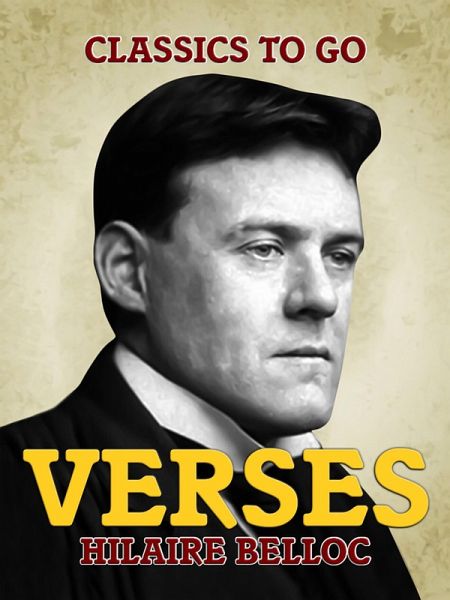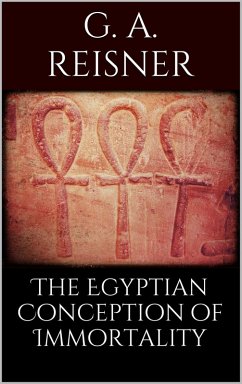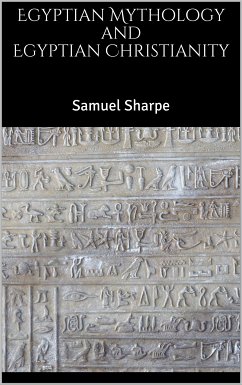
Verses (eBook, ePUB)

PAYBACK Punkte
0 °P sammeln!
Excerpt: "A poet may write pleasingly about mountains, and cyclones, and battles, and the love of woman, but if he is at all timid about the verdict of posterity he should avoid the theme of childhood as he would avoid the plague. For only great poets can write about childhood poems worthy to be printed. Hilaire Belloc has written poems about children, and they are worthy to be printed. He is never ironic when he thinks about childhood; he is gay, whimsical, with a slight suggestion of elfin cynicism, but he is direct, as a child is direct. He has written two dedicatory poems for books to be g...
Excerpt: "A poet may write pleasingly about mountains, and cyclones, and battles, and the love of woman, but if he is at all timid about the verdict of posterity he should avoid the theme of childhood as he would avoid the plague. For only great poets can write about childhood poems worthy to be printed. Hilaire Belloc has written poems about children, and they are worthy to be printed. He is never ironic when he thinks about childhood; he is gay, whimsical, with a slight suggestion of elfin cynicism, but he is direct, as a child is direct. He has written two dedicatory poems for books to be given to children; they are slight things but they are a revelation of their author's power to do what only a very few poets can do, that is, to enter into the heart and mind of the child, following that advice which has its literary as well as moral significance, to "become as a little child." And in many of Hilaire Belloc's poems by no[xxv] means intended for childish audiences there is an appealing simplicity that is genuinely and beautifully childish, something quite different from the adult and highly artificial simplicity of Professor A. E. Housman's A Shropshire Lad. Take that quatrain The Early Morning. It is as clear and cool as the time it celebrates; it is absolutely destitute of rhetorical indulgence, poetical inversions or "literary" phrasing. It is, in fact, conversation-inspired conversation, which is poetry. It might have been written by a Wordsworth not painfully self-conscious, or by a Blake whose brain was not as yet muddled with impressionistic metaphysics."
Dieser Download kann aus rechtlichen Gründen nur mit Rechnungsadresse in A, B, BG, CY, CZ, D, DK, EW, E, FIN, F, GR, HR, H, IRL, I, LT, L, LR, M, NL, PL, P, R, S, SLO, SK ausgeliefert werden.













